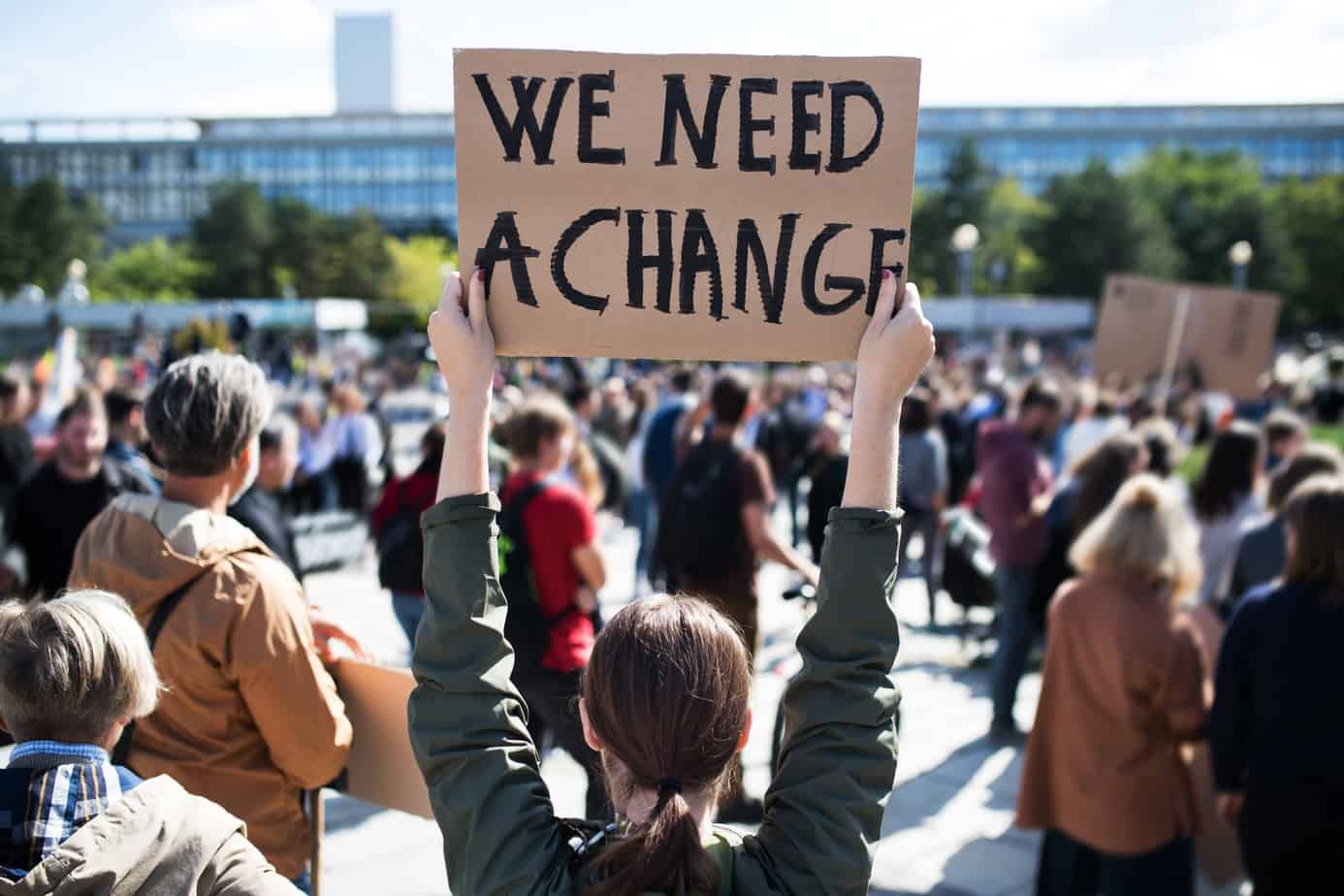Economists will tell you that the COVID-19 pandemic did not create the current economic crisis. Most working families in America would tell you the same. The economic earthquake of this pandemic exposed the fault lines in our system, bringing our economy’s fragility and inequity into jarringly sharp relief.
Now more than ever, it is clear that the true measure of our economy is more than a simple equation of GDP numbers, unemployment rates, and stock market gains or losses. The United States and our brand of capitalism is in reality rife with economic insecurity and low job quality, staggering racial wealth and wage gaps, declining economic dynamism and innovation, sluggish productivity, and record income inequality.
We must reimagine capitalism itself – for the benefit of the many, and not just the privileged few.
It’s possible, but only if as a society we leverage this moment to address what we at Omidyar Network hold to be the five pillars of change needed in our economy.
- Ground our economy in new ideas and shared values reflecting the inalienable rights of all: Values like dignity, economic security, and the freedom to fully engage as equals, as opposed to a singular focus on maintaining markets’ freedom from government and the primacy of shareholder profits. We must rethink how we measure economic success, and shift from a primary focus on aggregate economic numbers, which have little to do with real people, to a wider set of measures that actually reflect well-being.
- Build an explicitly anti-racist and inclusive economy. Even reformist policymakers have too often compromised their values to advance progress for some at the expense of too many. A reimagined capitalism must see full inclusion as the bare minimum and positively articulate how we will address and eradicate the systemic barriers that exist today.
- Create counterweights to concentrated economic power. Market guardrails can come from multiple forms of countervailing power, including real competition, strict checks on harmful monopolies, empowered consumers and grassroots organizations, increased worker power and civil society, and better corporate governance. Each of these counterweights need strengthening and can be protected and enabled by a democratically legitimate government.
- Rebalance the relationship between markets, the government, and communities. Contrary to the prevailing neoliberal view of the last fifty years, markets often do not self-regulate well. Government must structure markets in ways that prioritize the public good of the many and not the few, and communities must play a role in breaking the false dichotomy of “more government” vs. “more markets.”
- Build a resilient economy that accounts for our current context, based on a modernized understanding of human behavior and powerful non-economic forces that are at play in our society. An economic understanding and social contract that recognizes current global issues that drive rapid economic changes and volatility – whether the accelerating march of technology, climate change, or global pandemics. We must correspondingly modernize benefits in health and unemployment to minimize economic hardship and help employees and businesses better navigate shocks and transitions in the economy.
Capitalism could be a powerful force for good, but only if it is reimagined entirely to be a force for good. Learn more about our perspective on reimagining capitalism here.

